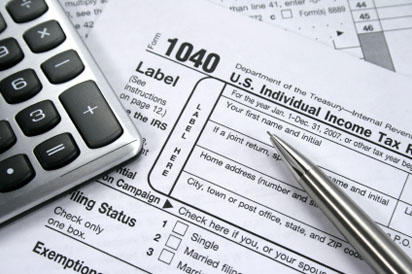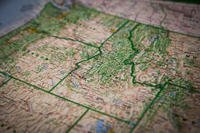Taxes are inevitable. Preparing them, however, need not be painful.
Having everything you need when it's time to work on your return can make a sometimes-torturous task more tolerable.
Bob Meighan, vice president of TurboTax®, has some basic advice, starting with the documents needed to get the job done.
You'll need to collect:
- A W-2 from your employer, stating your total wages for the year, federal, state and local taxes paid, Social Security and Medicare withholding. Check with your employer, because you may be able to access yours electronically.
- Bank statements (1099-INT for interest)
- Investment reports (1099-DIV for dividends or 1099-B for proceeds from a broker)
- Property tax bills
- College tuition expenses
- Charitable donation receipts
- Mortgage statements
"Those are the most common ones that you'll get," Meighan says. "The IRS wants to know all the people that have reported income to you."
If you work an additional job, Meighan says that can introduce more complexity. Many veterans, for example, began driving for ride-hailing services for the first time, making them self-employed.
"They have their own business income to report as well as business expenses," he warns. "It is the same with people renting out parts of their house, a bedroom, whatever it may be. They become landlords. Those people need to have more detailed records."
And if you're running a small business, you need bookkeeping software that manages and tracks all your expenses and keeps them organized so at year's end you're already a step ahead.
What's more, a good software program, such as TurboTax, can walk you through increasingly more complicated returns. It's worth the investment because these programs can help guide you through possible deductions based on your job and business.




